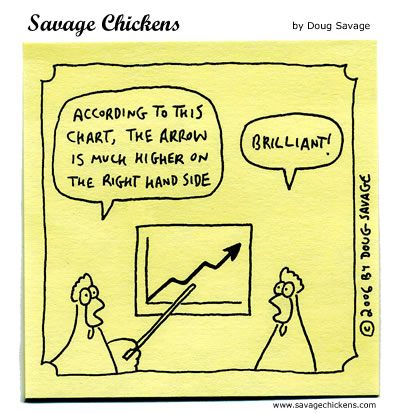
1. What are you most proud of in your lesson and why?
- I was most proud of my hook activity because I had fun interacting with the audience and it created a path way towards my topic. I kind of incorporated some of my lesson plan with my hook activity by giving three key factors.
2. What assessment would you give yourself on your lesson? Explain why you earned that grade using evidence from the component contract.
- I would give myself an AP or a P. I could've executed my information in a much better way. I felt like I rushed through my lesson plan because I was thinking too much about the time limit. I missed some of the information I was hoping to share with the class due to that same issue.
3. If you could go back, what would you change about your lesson? How can you use that knowledge to give a better Lesson 2?
- I would slow down to fully present my information and organize some specific parts of it. For the next lesson I want to bring a prop that relates to my topic in an interesting way. I would also want to find a more efficient way to easily prepare my visuals for my presentation.






